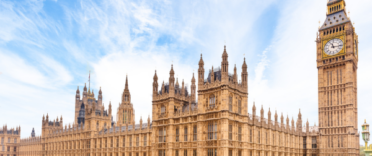
So it is now official, the UK has a hung parliament. But what does that mean for your personal finances?
Ian Cowie, the personal finance editor at The Daily Telegraph , has written an excellent article on this issue. The full article can be found by following this link. However, I have highlighted the key points below:
- After the last hung Parliament, in 1974, the FTSE All Share Index fell 15% in a month and 50% overall in a year. But the economic conditions were very much different then, i.e oil crises etc, so commentators suggest that such dramatic stock market falls are unlikely to be repeated - (not good for investors)
- Under a coalition Government unpopular decisions could be more likely as parties strike deals. This paves the way for the major parties to not feel obliged to keep manifesto promises. According to Grant Thornton, the tax specialists, ‘’tax increases are inevitable with the heavy lifting likely to come from income tax, National Insurance and VAT.’’ - (not good for everyone)
- A potential weakening of the pound - as a hung Parliament could mean the UK’s own debt crisis will not be resolved quickly and the UK loses its AAA credit rating - (not good for holiday makers)
- This could force up interest rates with one investment manager predicting 10% increase in the cost of mortgages - (not good for home-owners)
But this is all pure conjecture. The good news is that hung Parliaments don’t usually last very long with some predicting another General Election before the end of the year.





